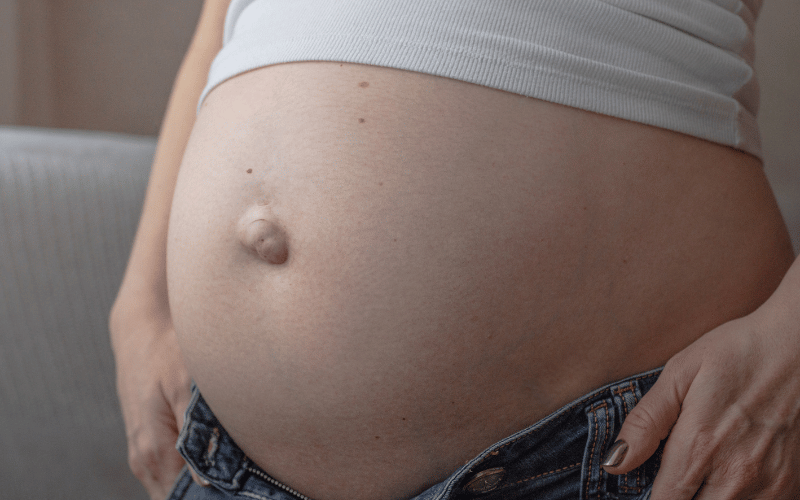3. Pregnancy Perils: The Peculiar Risks for Expectant Mothers

Pregnancy is a period of significant physiological changes, many of which put extra stress on the abdomen. While it’s widely understood that pregnancy can lead to a range of complications, less attention is usually given to the elevated risk of umbilical hernias during this time.
Firstly, as the uterus expands, it puts extra pressure on the abdominal wall. This pressure, in turn, can push existing weak spots to the point where a hernia may develop. Moreover, the body’s natural hormone shifts, designed to prepare a woman’s body for childbirth, also influence this. Relaxin, for instance, softens the ligaments and could theoretically weaken the abdominal wall.
However, the risks don’t stop there. If an expectant mother already has an umbilical hernia, the odds of it becoming strangulated increase during pregnancy. The reason? As the uterus expands, it leaves less ‘room’ for the hernia, thereby increasing the likelihood of it getting trapped.
What’s even more striking is the decision-making process for treatment. Surgery during pregnancy carries its own sets of risks and is usually considered a last resort. This situation often leaves women to manage the condition through non-surgical means, making their pregnancies more challenging. (3)